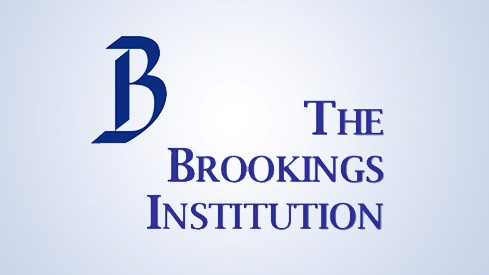by Jonathan Hogan
If you have ever looked at the city of Appleton, wondering why it’s dominated by one road, or why it possesses high-rises, a career as an urban planner might be worth exploring. In this article, we’ll do just that by diving into the responsibilities of an urban planner, their typical career paths, as well as the job outlook and salary for future urban planners.
Responsibilities
Urban planners, most basically, can be understood as architects of entire cities, and are broadly responsible for the layout of the built environment. Outside of this broad definition, it is quite hard to define the responsibilities of an urban planner. Some urban planners, for example, work to optimize public transportation infrastructure by proposing sweeping plans. Some specialize in zoning laws and work with developers and other government departments to regulate private development. And others become experts on managing a shrinking city in an environmentally responsible manner. A good demonstration of the diversity of tasks that urban planners complete comes in the form of Elicia Elliot, and urban planner in Toronto, who goes from meetings with “engineers, lawyers, communications people, architects, urban designers, landscape architects, finance and risk people” one day, to commissioning a train “in the field” the next (Nath). Despite the desperate nature of the profession, however, urban planning tends to be united by a common interest in improving the quality of life for individuals interacting with a built environment. To learn more about the specifics of urban planning, I would recommend this interview with the aforementioned Elicia Elliot.
Career Path
Just as the responsibilities of Career Planners vary dramatically within the field, the career path to becoming a Career Planner can be quite diverse. Generally speaking, an undergraduate degree in Government, Engineering, or Environmental Studies is desirable (McKay). There was no mention of Global Studies on any career websites; however, it seems highly likely that a Global Studies major, especially one focusing on cities, would be well-positioned for a career as an urban planner. After receiving a bachelor’s, it is typical and often required to pursue a two-year master’s degree in urban planning from a University accredited by the Planning Accreditation Board. While pursuing a master’s degree, it is typical that students take internships as urban planners to strengthen their resumes and gain real-world experience (“How to Become a City Planner // Archareer.”).
Job Outlook
After earning a Master’s degree in urban planning, one is finally qualified to be employed as an urban planner. After landing that first job, it is typical for new planners to work under the supervision of their more experienced co-workers. In their description of the job outlook, the Princeton Review states that after roughly five years in the industry, urban planners typically become more specialized and adept at handling the often complex bureaucratic and political environment of planning. After ten years, the Princeton Review argues that it is expected that urban planners assume leadership positions within their agency or company and assume mentorship roles for newer planners.
The U.S. Bureau of Labor Statistics reports the median income for urban planners to be $75,950, and the industry is expected to grow by 7% by 2030 (“Urban and Regional Planners: Occupational Outlook Handbook.”). Urban planning placed #2 for Canadian Business’s 100 Best Jobs of 2016 (Nath).

Jonathan is a Third Year German and Government major. He works aas a Peer Educator to assist students in the CJW and GLI career communities. In addition to professional development, Jonathan is interested in the cultural construction of the modern nation-state, normative constraints on rational behavior, and all things German. You can schedule an appointment with him here to improve your resume, learn more about the CJW and GLI career opportunities, and work on anything else professional development-related.
Works Cited
“City Planner.” City Planner Careers | The Princeton Review, Princeton Review, https://www.princetonreview.com/careers/162/city-planner.
“How to Become a City Planner // Archareer.” The #1 Free Architecture Job Board //Archareer, https://archareer.com/how-to-become-a-city-planner/.
McKay, Dawn Rosenberg. “Urban Planner Job Description: Salary, Skills, & More.” The Balance Careers, https://www.thebalancecareers.com/urban-planner-or-regional-planner-526078.
Nath September 18, Ishani. “What It’s Really like to Be an Urban Planner.” FLARE, 18 Sept. 2018, https://www.flare.com/work/what-its-really-like-to-be-an-urban-planner/.
“Urban and Regional Planners: Occupational Outlook Handbook.” U.S. Bureau of Labor Statistics, U.S. Bureau of Labor Statistics, 8 Sept. 2021, https://www.bls.gov/ooh/life-physical-and-social-science/urban-and-regional-planners.htm.




